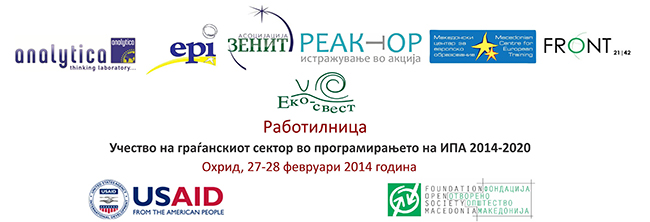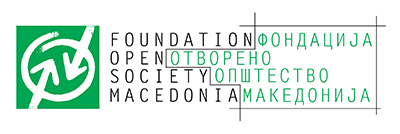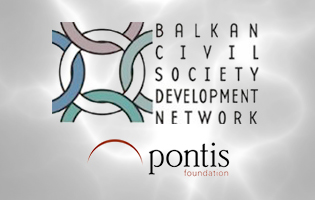
Analytica was granted the project “Training Course on the Security Sector for the Media” with an aim to support and develop more informed and balanced reporting on Macedonia’s security sector through a series of awareness-raising and capacity-building activities.
For this purpose we envisage developing a specially designed security handbook for journalists innovatively explaining Macedonia’s security architecture in order to provide timely and accurate information on its actors, creation of policies, chain of command etc.
Secondly, we aim at training journalism graduates who are interested in security related topics, providing them knowledge and expertise for covering security relevant topics. Target group are journalism students in their final year of studies and recent graduates. They will be trained over a period of seven months by Analytica’s researchers and other experts. Besides classical methods of lecturing encompassing theoretical approach, there will be also interactive discussions, practical exercises (individual and group work), case-study approach, writing short articles on given topic, reading and analyzing articles that are already published ect. Trainees will be encouraged to identify problems, to think independently and to propose topics to be covered on the online platform.
In parallel to the trainings, Analytica will launch a blog as an online platform where participants will write media articles related with security and over time should evolve into a unique virtual place for posting news stories on topics that affect the security of the regular citizen of Macedonia as well as getting information about international security phenomena. The blog would enrich Macedonia’s media space and have long positive effect towards information sharing and keeping the public up to date with relevant information.
The project is funded by the Geneva Centre for Democratic Control of the Armed Forces from Switzerland (DCAF).
Launch of www.bezbednosnaanaliza.com
For more information, please contact Ms. Magdalena Lembovska at: This email address is being protected from spambots. You need JavaScript enabled to view it.
![]() Повик за учесници на обуки за медиумско покривање на безбедносни прашања
Повик за учесници на обуки за медиумско покривање на безбедносни прашања
![]() Thirje për pjesëmarrës në trajnime për mbulimin mediatik të çështjeve të sigurisë
Thirje për pjesëmarrës në trajnime për mbulimin mediatik të çështjeve të sigurisë








